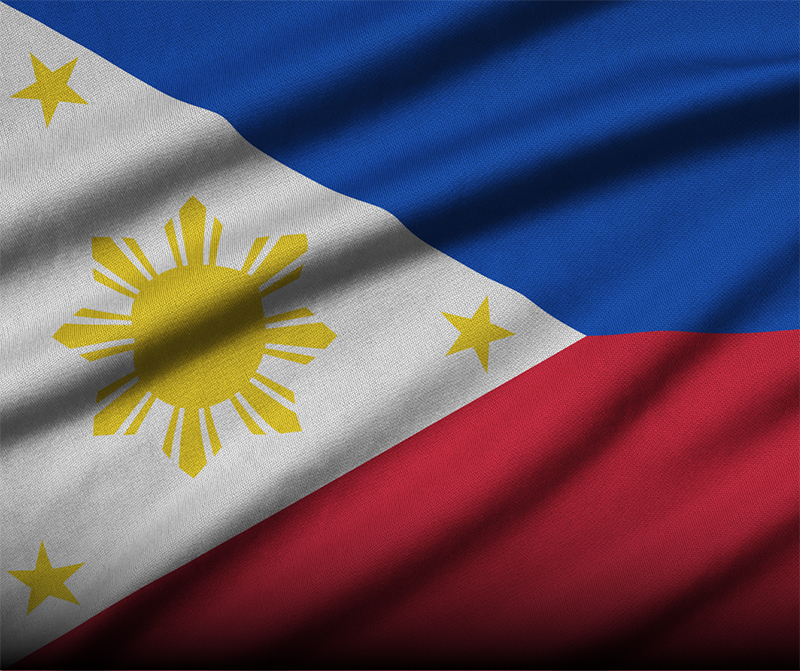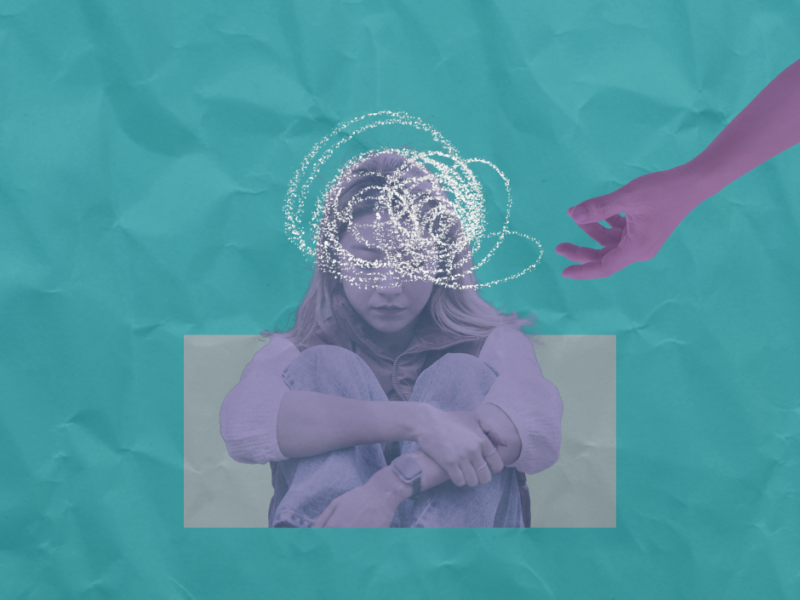We might be free from a foreign power, but many elements still hold our people back from maximizing our freedom.
On June 12, 1898, the Philippines declared its independence. And now, more than a hundred years since that day, we continue to be free—to at least talk about the things that continue to oppress us.
We feel them daily.
After gaining independence from Spaniards, the Americans, and the Japanese, respectively, we aspired to build a democracy grounded in shared welfare and civic responsibility. But this isn’t what we got. Instead, we turned a country normally tyrannized by one entity into a collection of relatively subjugated communities.
Colonial-era hierarchies, sustained by patronage systems, continue to dominate our elections and obstruct genuine progress. Many voters still defer to authority figures—a behavior shaped by centuries of Spanish rule and reinforced during the American period. Leaders are often treated as unchallengeable patrons, with their decisions rarely questioned, even when they fall short.
This ingrained loyalty enables political dynasties to thrive. Family clans fill positions from barangay halls to national offices, exchanging grocery vouchers and medical missions for votes. Public service has become a transaction of favors, where citizens are taught to expect short-term benefits instead of long-term reforms.
Our obsession with fame further deepens this problem. Celebrities—actors, reality TV personalities, and social media influencers—capitalize on their popularity to win public offices, often by offering style more than substance. Driven by social media algorithms, sensationalism spreads faster than fact-checking efforts, polarizing communities and drowning out nuanced discourse.
At the heart of these issues lies a lack of investment in civic education. While basic literacy remains high, functional literacy and critical thinking—along with civic, historical, and humanistic knowledge—lag significantly. This is evident in the average citizen’s limited understanding of how government works, from budgeting and oversight to accountability. While many can recall major historical events, few possess the tools to critically evaluate policy platforms. In tightly knit barangays, dissent often carries social risks, including exclusion or the loss of essential services, prompting many to stick with familiar names over reformist challengers.
Economic hardship also plays a significant role. For many voters, immediate relief—such as a one-time cash handout or a free medical check-up—can mean the difference between survival and destitution. Promises of structural reforms like land redistribution or universal healthcare often seem too distant or abstract. Political patrons exploit this urgency, using short-term aid to secure loyalty and maintain control. As a result, dynastic politics crowds out qualified outsiders who might bring genuine change.
Yet there is hope in a rising generation of engaged Filipinos, and we felt some of that during the last election. There were longstanding names previously certain of their election due to their familiarity or their family’s influence who failed to win their coveted seats. They had to make way for fresh faces.
Meanwhile, old names that were tarnished by the country’s pivot towards bombastic, budots-dancing figures, regained their spot to continue their quest for a more progressive country.
Analysts point to the youth. Young activists leveraged digital tools to push for climate action, gender equality, and government transparency. They organized virtual town halls, crowdsourced fact-checking, and pressured legislators to amend flawed bills. By supporting reform-minded candidates and blocking questionable policies, they demonstrated the transformative power of collective, values-based action.
They also provided us with a solution.
To reclaim the true promise of independence, it may be time for us to confront and reshape the social forces that distort our democracy. Civic and media literacy must be integrated at every level of education to equip citizens with the tools to think critically and assess leadership responsibly. Independent media and fact-checking initiatives need support to combat misinformation. Nonpartisan public forums can safeguard open dialogue from social pressure and intimidation. Social safety nets should provide support based on need, not political allegiance. Transparent and enforceable campaign finance laws are essential to level the electoral playing field and give capable outsiders a fighting chance.
This transformation demands collaboration across society. Educators, civic organizations, technology platforms, and policymakers must come together. By challenging the legacy of colonial deference, dismantling systems of patronage, resisting personality-driven politics, and addressing economic vulnerability, we can shift from passive subjects to active citizens. Only then can the Philippines fully realize the independence it claimed to have more than a hundred years ago.



